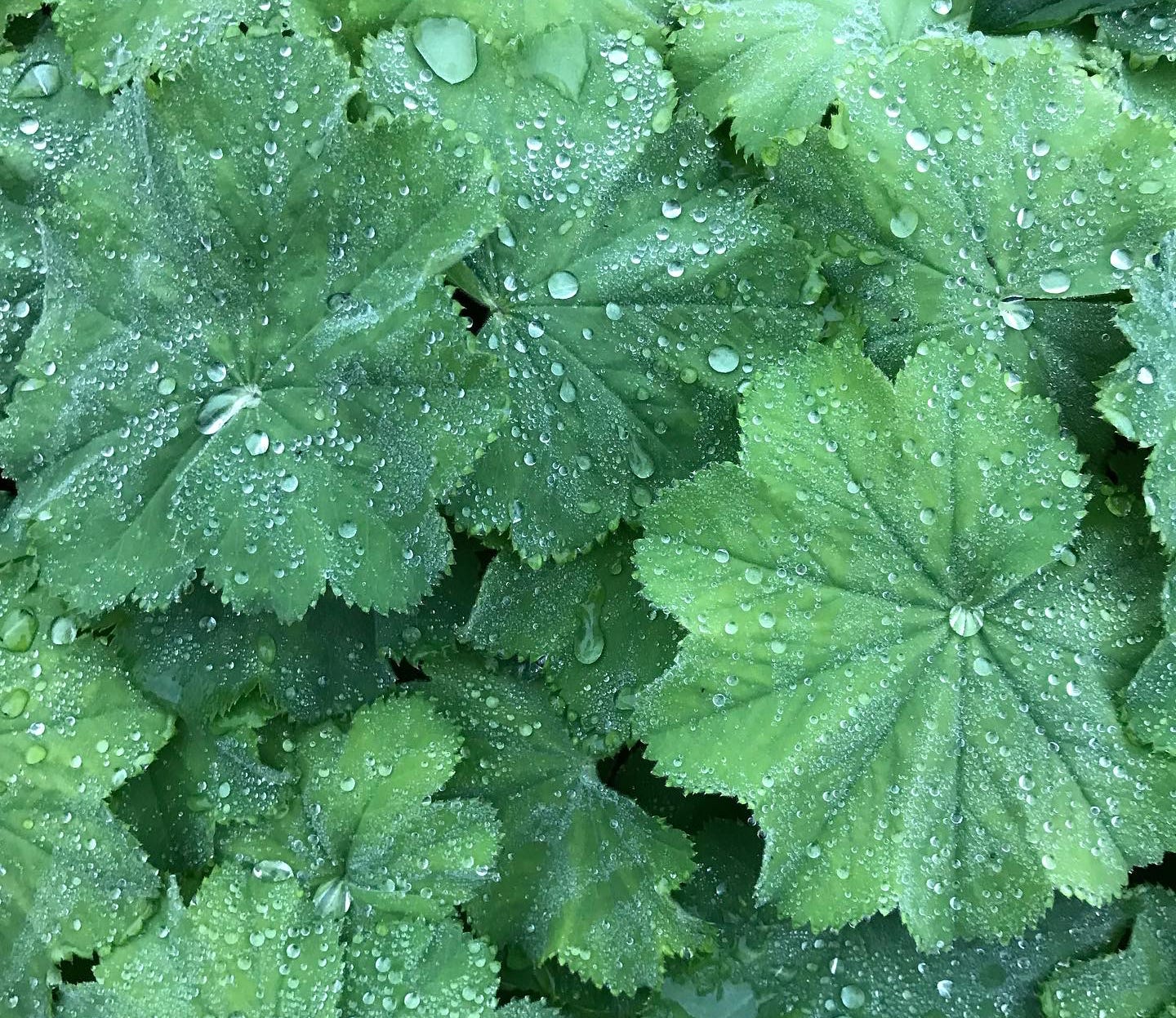It begins with a raindrop
True amazement demands that we see the darkness inherent in everything
It’s not often that I sit down with a book of poetry and find myself so drawn into its world that I read it in long, deep draughts, like a novel. But this is the effect that my first encounter with the work of Canadian poet Don Domanski had on me.
I came across Domanski’s work by chance when foraging for a reprint of a favourite book of essays by another fine Canadian poet, Tim Lilburn, that had been republished Corbel Stone Press. I was sufficiently intrigued to see that Tim Lilburn had also written a foreword for a volume of Selected Poems 1975-2021 by Domanski to take a punt and add a copy of it to my order.
I'm glad I did, because it’s now a book I have come to treasure. Reading these poems feels like walking in a familiar landscape, but at night; the same world as before but somehow turned about, the encounter utterly changed. It feels as if new, keener senses begin to arise in response to what I’m being invited to notice.
Lilburn aptly describes Domanski in his affectionate foreword as:
“A great burnisher of the ordinary, Don Domanski made us look at the details of our days with a scintillating freshness.”
Alchemilla Mollis after rain
There’s something in these poems that pushes beyond language, like the finger that points at the moon. The mood that infuses them is one of deep amazement at the strangeness that haunts our ordinary world, at the depth of time that holds our all-too-brief lives within it, and at the sacredness Domanski sensed inhered in the material, transient, living world.
In the lecture presented as an essay appendix he writes:
“True amazement asks far more from us than the recognition of beauty and form. Amazement also demands that we see the darkness inherent in everything, that we see the destructiveness implicit in creation and its attending grief. Poetry helps to enhance and deepen our experience of existence, not just by the use of words, but by the fact that despite their use something else is carried along with them”
Puddle on a still day, December 2022, photo: S. Clark
I’ll let the poet himself show you what he means.
Small Hours
Tonight the totality of all beings weighs
less than a feather
less than the movement of eyeshine
radiant in the thicket
less than the weight of tomorrow
balanced on a single blade of grass
I love nights like this hours quiet
and driftless the biosignatures
of invisibilia filling the air close
as flesh to vein as vein to earth
close as the cuddle death of a queen
deep in her hive
*
this night appears in the green world
almost existing almost not existing
like subatomic particles
like the prehistory of a sigh
like the grace of sentience spellwork
of consciousness throughout the foliage
it emerges from somewhere between
the intimacy of insects
and the forgettance of men.
(The odd phrase "cuddle death" apparently refers to the way worker bees dispose of an old or unproductive queen bee by clustering tightly around her until she overheats.)
Window on a winter morning, January 2023
These dull days of early January can feel unrelentingly flat, cold and wet. The grey skies, chilling winds and squelching mud can feel energy-sapping as we trudge on through the last long weeks of winter. But Domanski's poems, which are full of watery references to raindrops, dew, snowflakes, clouds, wet earth and water vapour are reminding me to pause and notice that even these soggy days can amaze:
it begins here I think with a raindrop
with a raindrop and a world with a cloud
and the cool morning air interlaced
with hot breath from under stones
it begins each morning with a few cloudlings
drifting toward the horizon
the horizon drifting toward
the vast spaces between elementary particles
from The Bestiary of the Raindrop
Sadly, Domanski died in 2020, but I am grateful that he has left this body of work behind him for me, and others. to discover and be amazed by.
Don Domanski Selected Poems 1975-2021 is available here
Wishing you good reading these long winter evenings
Sam







